Monday, 22 April 2024
Menu
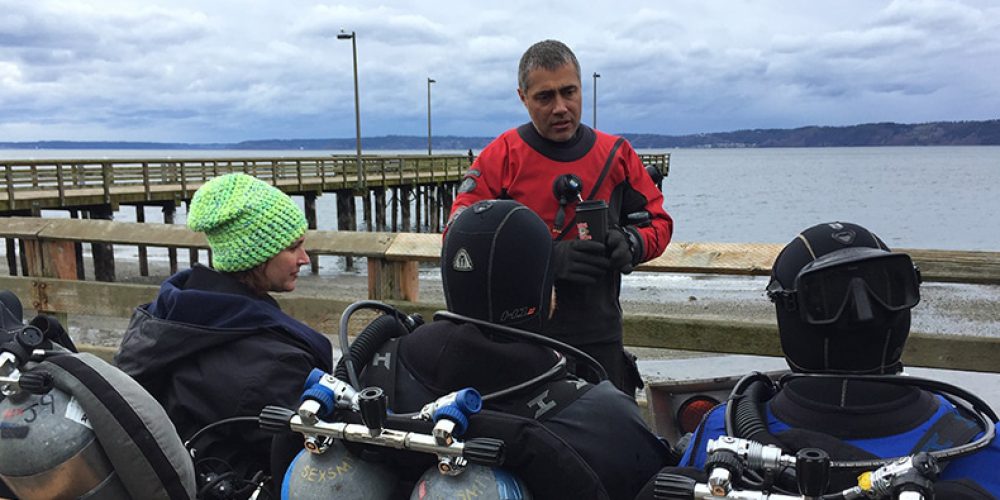
But what about another form of security? A form that Google’s Aristotle project identified as a key feature of high-performance teams and without which nothing else really mattered. A form about which Professor Amy Edmondson has written many books and articles in the Harvard Business Review, emphasising that it is this form that enables teams that don’t know each other to come together and work effectively. A form whose absence led to the downfall of organisations and companies such as Kodak, Blockbuster and Radio Shack? And yet it is also a form that is equally important in recreational, technical, scientific and military diving because it involves the interaction of individuals in a social environment. Remember, this is not just a matter of ‘team diving’, but a form of safety that is particularly relevant to instructors and students, instructor candidates and instructor trainers, and even fellow instructors within an organisation.
This form of safety, is psychological safety. It is rarely, if ever, the subject of diver training. It is not the same as trust, nor is it the same as Just Culture(see the end of this text for more information). However, the presence or absence of psychological safety, can be the difference, literally, between life and death.
Team psychological safety is defined as the shared belief that the team is safe to take interpersonal risks – in essence, will I be made to feel stupid, ashamed, criticised or insulted, for asking questions or stating my position? In most cases, this belief is tacit, i.e. it is taken for granted and not addressed directly by individuals or the team. Importantly, although tacit beliefs about interpersonal norms or culture are sometimes openly (overtly) discussed in the team, bringing them to the teams’ attention, i.e. expressing them, does not change the essence of the team’s psychological safety. When psychological safety is high, people take more responsibility and commit more resources, put more effort into a task (how much effort people have to put in compared to what they will apply).
In his recently published book , The Four Stages of Psychological Safety (Four Stages of Psychological Safety) Dr Timothy Clark states that psychological safety is a state in which you feel (1) part of a group, a team, (2) safe to learn, (3) safe to give your input and (4) safe to take on a challenge. His book shows how we move through these four stages. A summary of these stages and what they mean for diving is below.
Stage 1 is an informal acceptance into a team or group. We need to be accepted before we can take a stand. It is important to remember that in many cases ignoring is worse than rejecting, and when acceptance or approval cannot be obtained from others, other means, sometimes destructive, must be turned to. The significance of this stage for diving is telling. Diving is very tribal and if you wear the wrong “badge” (agency, equipment, style), you will struggle to be accepted unless someone provides you with psychological security. Instructors should be aware of this when dealing with students from other ‘tribes’, so as not to throw outside and make derogatory comments about other ‘tribes’.
Stage 2 is the safety of learning. The sense of security by which we are able to make discoveries, ask questions, experiment (socially and technically) and even make mistakes. Without the security of learning, the individual remains passive. When we harshly correct or criticize others for their learning (and the mistakes that come with it), then students’ sense of safety is destroyed. By increasing student safety we can build confidence, resilience and independence. By developing learner safety it is possible to complement an individual’s lack of confidence, by building team confidence. In the context of diving, one of the challenges is the ‘gifted instructor’ who forgets what it is like to be a beginner and
“not knowing”, flying through the training to meet the deadline. On the contrary. Allowing students to develop and fail safely, will enable them to release more dedicated, over-delivered effort and ultimately achieve more.
Stage 3 is ensuring that participants are secure to contribute. It occurs after a person has demonstrated competence within a team or organisation – this may be through physical demonstration, qualifications or credentials. The individual is then given ‘permission’ to make their own contribution, without having to ask for permission. However, despite having the credentials, the individual may not be allowed to contribute, due to leader uncertainty, personal or institutional bias, team norms or lack of empathy. In the context of scuba diving, this can occur when students are in class but not allowed to participate in a discussion about a potentially better way of doing something, or when instructors contribute to agency materials and are discouraged by the ‘chair person’. This means that team or organisational learning is limited or pushed back.
Stage 4 is to ensure the safety of those questioning the status quo – this is where the status quo can be challenged without fear of reprisals or repercussions, or the risk of compromising the personal reputation or credibility of those questioning. It gives the individual confidence to speak up when something needs to be said. There are many tragic examples regarding the need to speak up and challenge in diving, but one that I am deeply connected to is the death of Brian Bugge in May 2018. It is one of those situations on a boat where one of the trainees had just considered cancelling a dive because it should not be carried out that particular planned way. This was just before Brian jumped into the water from the boat, with the oxygen in his CCR turned off (both Brian and the other trainees were unaware of this). However, the questioner’s safety was not maintained and the dive took place, with Brian dying shortly after entering the water from hypoxia.
For me, the most important level of psychological safety in diving is the last one – the safety of the questioner, as this is often the last chance to report a problem before something bad happens. We often say “anyone can cancel a dive at any time for any reason, without question”, but in reality this is not always the case. Stages 1, 2 and 3 may be present, but without Stage 4 the thumb is unlikely to go up, even if we realise something is going wrong. At beginner level a diver is unlikely to reach Stage 3, let alone Stage 4! At the beginning divers don’t realise what they don’t know, so how can they contribute?
This is why effective teamwork in diving is so important to me. Not because the technical tasks that can be completed as part of a team may be beyond the capabilities of solo divers or ‘dive partners’ / ‘divers in the same sea’, but because when you are part of a high performance team, the level of psychological safety is high and so you can challenge the situation when you need to. This also defines why a high level of effective leadership is needed in diver training!
Recreational and instructional instructors need to develop a level of teamwork because instructors move away, they also make mistakes and we need to create an environment where students or people who are at a similar level, can stop or slow down this process of moving away. This can be achieved by giving feedback in a non-critical way, separating the observed action or event from the person. If the only feedback you receive as an organisation is something serious going wrong, reported by quality control (QC) forms, then the organisation is not pro-active in managing risk.
Challenger safety is not just a risk (safety) management issue, it is also about innovation and development. If we want new ideas to emerge about instructional techniques, safety concepts, equipment design or environmental practices, we need to support challenger safety.
“When there is no tolerance for sincerity, there is no constructive opposition. When there is no constructive opposition, there is no innovation.” – Dr Timothy Clarke
It is important to note that we usually only get one chance to support the safety of those who challenge. If someone challenges the status quo and is negatively criticised or pushed away, they are unlikely to speak up again, which can mean that both safety is compromised and innovation is reduced. Unless they have nothing to lose and have a passion for doing it! However, at some point they will give up and walk away….
So how can you start to develop psychological safety in your teams, with your trainees or colleagues? Get and give feedback. Three simple questions you can use:
Discuss observable behaviour and the effect it has on you. Be specific, avoid generalities. You can download a guide (English version) on this topic here.
If you want to learn more about this topic, you can follow the links below (English versions):
– Psychological Safety and Learning Behavior in Work Teams. Amy Edmondson. Administrative Science Quarterly, Vol. 44, No. 2 (Jun., 1999), pp. 350-383
– liberationist.org
– What Psychological Safety is Not. Amy Edmondson.
Notes:
– Trust is essentially a 1-on-1 relationship, for example you trust me to do something you asked me to do and I trust you to give me something I can do or I trust you to keep a secret.
– Psychological safety is a relationship of 1 to many and many to 1.
Just Culture is the recognition that we are all fallible, regardless of experience and knowledge, and that this context must be taken into account when judging mistakes or violations committed, but at the same time those who commit sabotage, wilful negligence or violation of personal benefits must be punished accordingly.
The original version can be found on The Human Diver website “How safe is your diving?” Gareth Lock March 06, 2020
Andrzej Górnicki
Accident analysis, decision making, cognitive errors, Gareth Lock 24 August 2019 Original title: Why ‘They should have’, ‘…could have’ or ‘I would have…’ do not improve diving safety

.
.

.
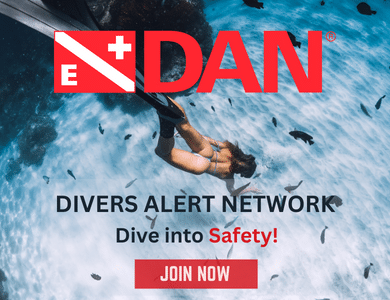
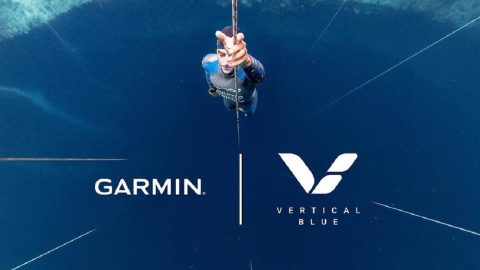
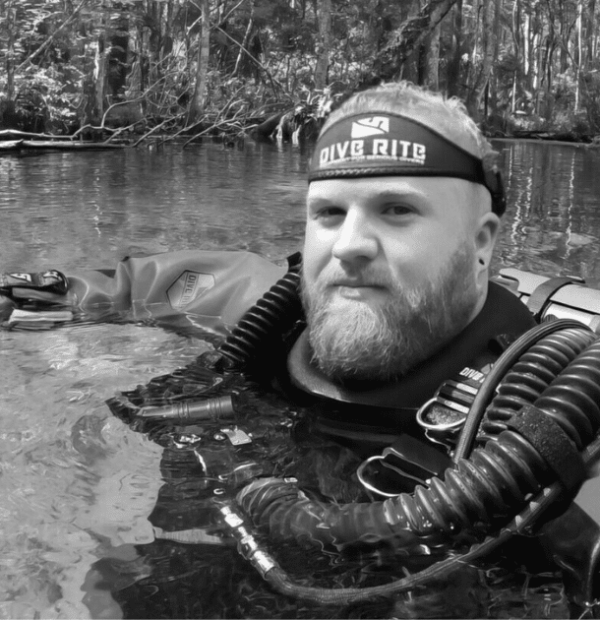

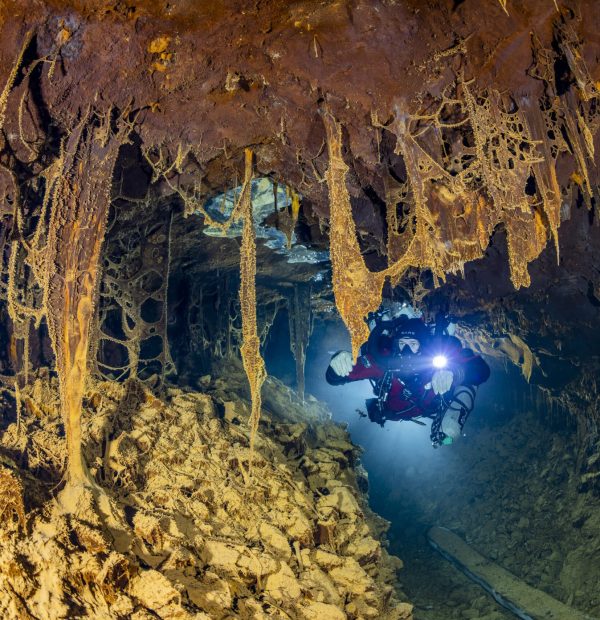
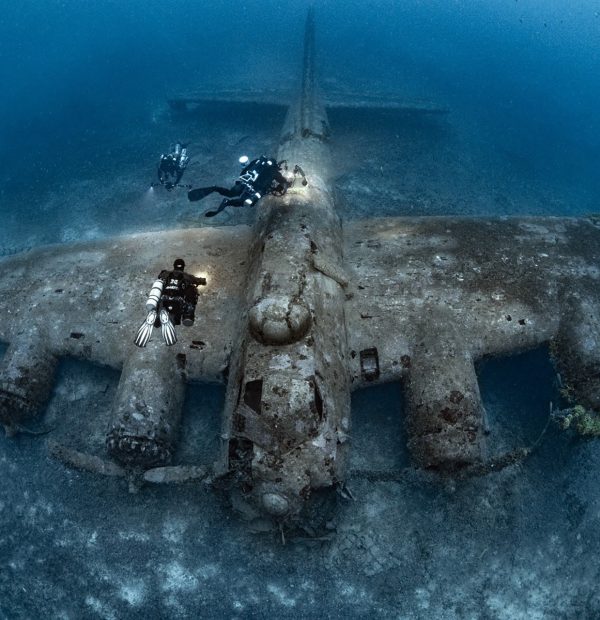
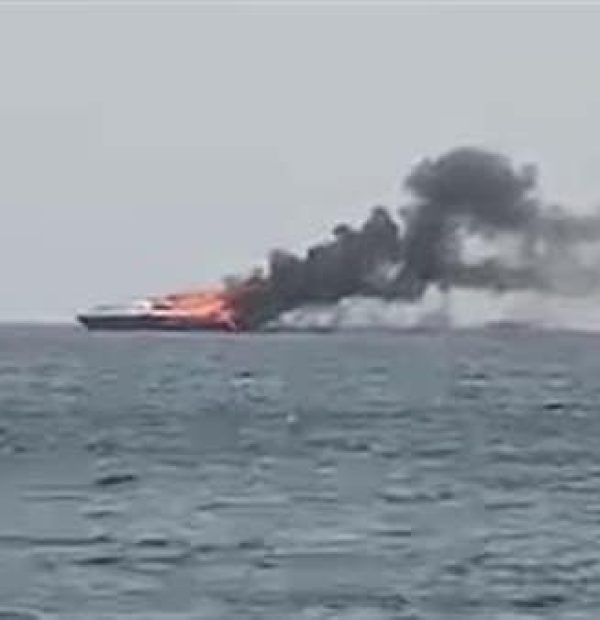
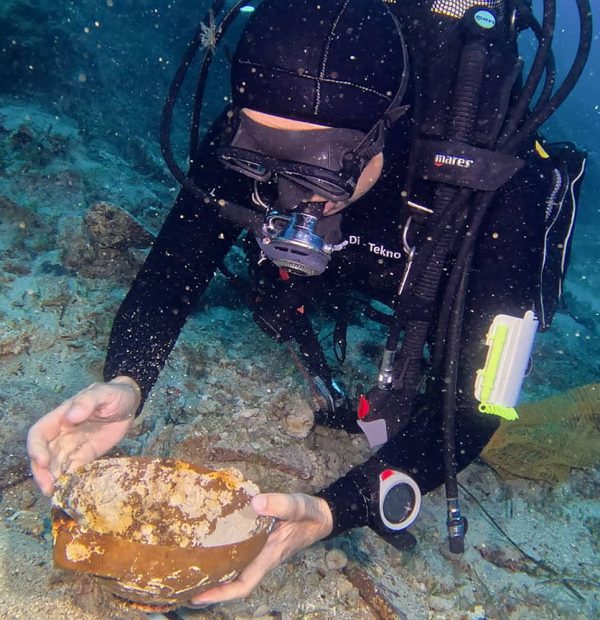
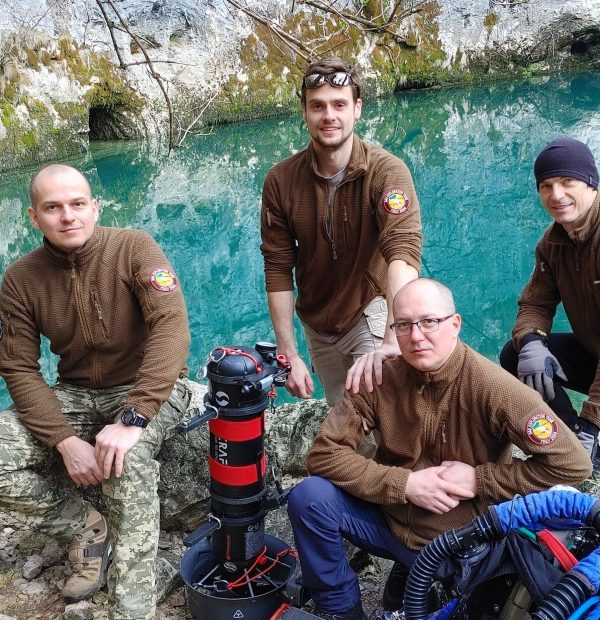

Welcome to DIVERS24.COM, your daily source of scuba news, freediving, scuba diving information, and equipment reviews. Our comprehensive coverage of the dive industry from A to Z provides you with all the latest scuba news, training updates, underwater photography tips, and everything else related to scuba diving. Whether you’re a beginner or an experienced diver looking for more knowledge about scuba gear or techniques – we’ve got it covered! With our in-depth articles written by experienced divers who have been there and done that, you are sure to find exactly what you need here at Divers24.com. Dive into scuba news today!
Underwater Media Sp. z o.o.
Szafarnia 11/F8,
80-755 Gdansk, Poland
Welcome to DIVERS24.COM, your daily source of scuba news, freediving, and scuba diving information. Sign in for a weekly news update and discount coupons for dive gear and apparel.
@2023 - underwatermedia.pl. All Right Reserved. Designed and Developed by Tworzenie stron internetowych Gdansk

The Divers24 portal is currently the largest online medium treating diving in Poland. Since 2010 we have been providing interesting and important information from Poland and around the world on all forms of diving and related activities.
Contact us: info@divers24.com